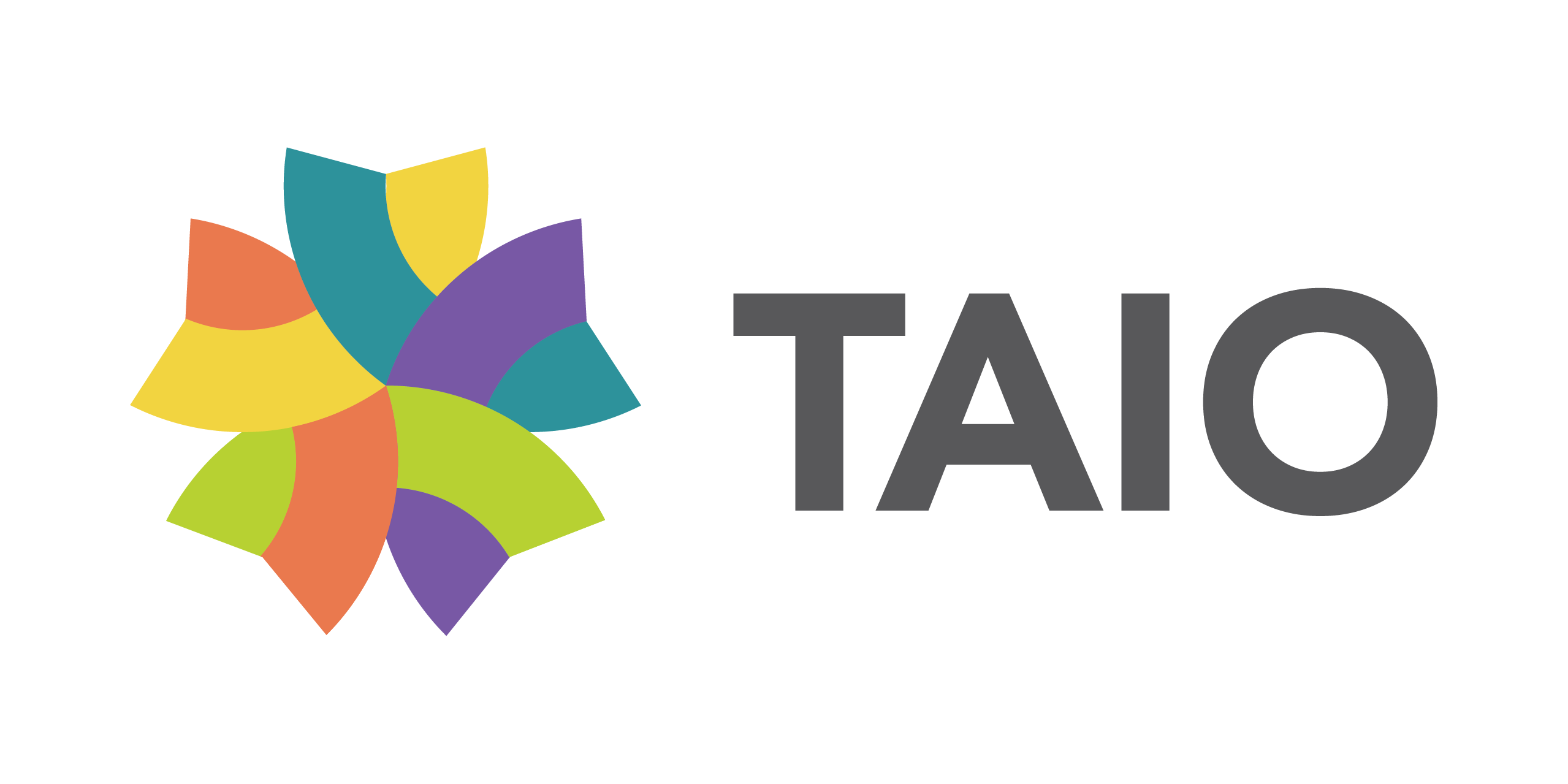The U.S. Census Bureau projects the population aged 65 and older to nearly double. They estimate it will grow from 52 million in 2018 to 95 million by 2060, which accounts for almost 23% of the total population. The home healthcare industry is currently valued at $142.9B, projected to grow to 7.48% from 2022 to 2030.
This is excellent news for the home healthcare industry. But you have to be ready for this opportunity. One of the best ways you can equip yourself is through outsourcing.
On this page
Key Takeaways

Outsourcing non-core tasks can save money and make your home healthcare business smoother.

Outsourced professionals can do these tasks efficiently. This lets your staff focus on taking care of patients.

Outsourcing companies understand the rules and laws in healthcare. They can help you avoid problems with patient data and help you change services as needed.

Outsourcing home healthcare grants you access to highly trained medical professionals, ensuring top-quality patient care.
You can cut back on costs and boost profits.
Save on operational costs.
Managing in-house teams for non-core functions comes with costs. You have to pay for salaries, workspace, and technology framework. You can convert some of these fixed costs into variable expenses by outsourcing certain clinical services or tasks. This reduces your monthly break-even point, so that could increase your profitability.
Save on staffing and training.
Staffing and training new employees is expensive. You’ll have to:
- Hire a recruiter to hire your team
- Pay for advertising for job openings
- Interview candidates do background checks and pre-employment exams
- Pay for office space and equipment.
- Train new hires, and when they resign, you have to start the process all over again.
Training Magazine revealed that companies spent $92.3 billion on training in 2020-2021. In the same year, workers took an average of 64 hours for training. That’s lost productivity.
By outsourcing non-core functions, you can save on these costs. Direct your resources to core functions that increase the quality of patient care and patient satisfaction.
Save on losses linked to errors and mistakes.
Outsourcing helps cut costs by avoiding mistakes. Firms that specialize in this know the rules well. They use set steps and train their people regularly to keep errors low. This means fewer mistakes in tasks like medical billing.
By using these firms, hospitals and clinics can focus more on patients. They save time and money, which is better spent on care. This makes things simpler and more efficient for everyone.
Your operations will become efficient.
Outsourcing lets you focus on delivering high-quality patient care by taking care of administrative tasks.
In many small home health agencies, there are not enough staff members, which means they often have to handle extra tasks like patient intake and approvals. This extra workload can burden them and negatively affect the business, leading to high staff turnover. In the competitive U.S. job market, hiring and training new employees is difficult and expensive.
By getting help from outside services for some tasks, agencies can reduce the burden on their staff. This improves the work environment and helps keep skilled workers. Consider how outsourcing could simplify operations at your agency.
You’ll have access to skilled workforce.
Skilled teams bring a lot of knowledge and experience. These professionals have worked in many areas of healthcare, doing all sorts of tasks. Their experience lets them tackle tough jobs faster and more accurately.
These skilled professionals are also good at staying up-to-date with new rules, processes, and technology. For example, they might be excellent at using an EHR System or they understand new healthcare rules. They may also have ideas on improving the billing process or may even recommend tools or technology to make operations more efficient.
When you outsource non-core tasks like billing or claims processing, your core team can focus on what they do best—delivering excellent patient care. This enhances patient satisfaction, as they can devote more time and attention to patients.
Also, having an experienced outsourcing team means less training and management, which saves time and resources. The outsourcing company monitors the team to ensure they’re doing well.
Scalability and flexibility to your needs.
Scalability can be invaluable. It allows you to respond swiftly to fluctuating patient numbers, ensuring you always have adequate support without spending too much money.
For example, if you have a surge in patients, you’ll also have a surge in workload. You must process more claims, handle more medical billing, and manage more patient data. If you outsource these tasks, this problem is solved. You don’t need to hire, train, or equip more staff. BPOs are equipped to handle surge volume. This saves you precious time and money.
Meanwhile, flexibility means increasing or decreasing the services you outsource depending on demand. Outsourcing firms adapt to your needs. If you have more or less work, you can get more or less help.
For example, you might start by outsourcing medical billing. Later, you may also decide to outsource claims processing or patient data management. The flexibility offered by outsourcing allows for this kind of adaptability.
This flexibility is especially crucial in the healthcare landscape, marked by
- evolving regulations
- technological advancements
- changing patient needs
Being able to quickly and easily adjust the outsourced services enables healthcare organizations like yours to adapt more effectively.
Compliance and Risk Management is easier.
HIPAA penalties can cost you anywhere between $100 and $1.9M, depending on your violation. An example would be disclosing more PHI than required or delaying issuing breach notification letters. Or your DMS can be targeted by a virus and malware. In 2022 alone, 707 cases of data breaches or 500 or more records were reported.
Outsourcing businesses are well-versed in healthcare laws and regulations. Outsourcing non-core healthcare services can help you avoid potential legal issues from non-compliance. Plus, with the rising cases of data infringement, outsourcing can be your saving grace. A reputable outsourcing company has robust security systems to keep patient data safe.
Best Practices for Effective Outsourcing

To maximize these benefits and ensure smooth operations, check these best practices:
- Clearly define the scope of work and expectations
- Look for companies that have a proven track record in home health outsourcing
- Establish open communication to comfortably discuss challenges, solutions, and feedback.
- Monitor performance regularly.
- Ensure data security.
- Plan for change management for a smooth transition.
- Build trust by understanding each other’s working styles
- Create a shared vision for success.
Frequently Asked Questions
Many outsourcing companies have insurance policies covering errors or damages. It would be best to discuss liability and accountability with the outsourcing partner and include it in your contract.
Absolutely. Reputable outsourcing companies have strict data security measures and comply with all relevant laws and regulations.
When done correctly, outsourcing should not negatively impact your business’s reputation. It may even enhance efficiency by allowing your team to focus on core functions like patient care. The key is finding the right outsourcing partner.
Flexibility is one of the key benefits of outsourcing. Many outsourcing partners offer scalable solutions that can adapt to your changing needs.
You have full control over what to outsource, depending on your needs and comfort level.
Set clear performance metrics. Maintain open lines of communication. Regularly review performance.
Yes, the terms of ending an outsourcing agreement can be included in your contract. It’s essential to have a transition plan in place if you decide to bring services back in-house. Some outsourcing providers lock you into long-term engagements. Make sure you partner with a company that has reasonable exit clauses.
Effective communication is key. Share your business goals, challenges, and processes with the outsourcing company. This ensures they align their services with your needs.




